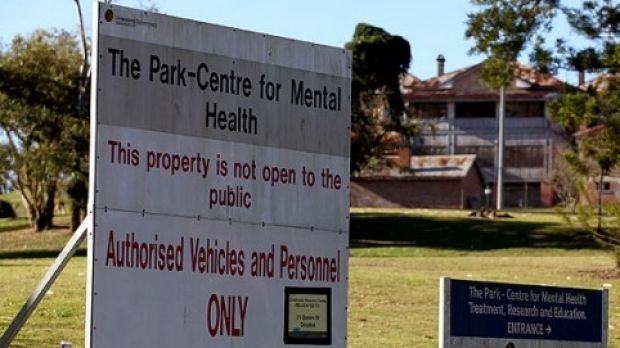They noted no money was allocated in the June state budget.
 Three former patients of the Barrett Adolescent Centre killed themselves in the months after its closure. Photo: Michelle SmithHowever Health Minister Cameron Dick on Monday night promised a new centre will be built.
Three former patients of the Barrett Adolescent Centre killed themselves in the months after its closure. Photo: Michelle SmithHowever Health Minister Cameron Dick on Monday night promised a new centre will be built.
On Wednesday, families of young people who used the centre will hear the outcome of the nine-month inquiry into the previous government’s decision to close the Barrett Centre in early 2014.
Three teenage former patients of the Barrett Adolescent Centre committed suicide only months after the well-regarded youth service was closed in January 2014.
Talieha Nebauer, 17 and 18-year-olds Will Fowell and Caitlin Wilkinson-Whiticker all committed suicide within eight months of leaving the Barrett Adolescent Centre at Wacol and being placed in adult care facilities.
Premier Annastacia Palaszczuk received two versions of the report from inquiry chair and former Queensland Mental Health Court judge Justice Margaret Wilson on June 24.
Health Minister Cameron Dick promised a new live-in mental health care centre for young people would be built, which could become a model for adolescent care in other states.
“Our Government will deliver on our election commitment to rebuild intensive mental healthcare for young people,” Mr Dick said.
“This includes building a new residential facility in south-east Queensland for young people with serious mental health issues,” he said.
“Already we have delivered additional residential rehabilitation services in Townsville.”
Mr Dick said he understood the concerns of parents who noticed no funding set aside in the budget.
“The final funding allocation for the new adolescent residential mental health facility will be made in the budget estimates once the costs of the facility and operating model are finalised, as informed by the Commission of Inquiry,” he said.
Justice Wilson – a former Mental Health Court judge – was chosen in July 2015 to investigate the reasons behind the previous government’s closure of the Barrett Adolescent Centre in Wacol.
That followed Fairfax Media in July 2014 revealing two – and ultimately three former Barrett Centre teenagers – committed suicide after being shifted from the Barrett Adolescent Centre to adult psychiatric facilities.
Full adolescent mental health care in Queensland was still being put in place in August 2014.
Parent said while they appreciated the current government’s good faith, they were still concerned a new centre would not be built because no funds were listed in the 2016 state budget.
They have not yet seen anything in the Inquiry report, one parent said.
They also say they are still unsure if a coronial inquest into the teen’s deaths – separate to the decision to close the Barrett Centre – would be ordered.
“Oh definitely, because for us it’s only halfway there,” one said.
“It’s been so frustrating,” another said.
Parents said there were problems with mental health facilities in South Australia, only localised services in New South Wales, “nothing” in Western Australia, “issues” with mental health facilities in Victoria, nothing in NT and now nothing in Queensland for adolescents needing mental health care.
Parents say Wacol’s Barrett Adolescent Centre – which provided live-in mental health care for teenagers needs to be replaced with a facility that:
- “is not hung up on the Barrett model, but needs to be an in-patient facility”;
- needs to provide 24-hour in-patient mental health care;
- a boarding school type environment;
- not a ‘hospital’, but a live-in facility;
- it needs to have services within the centre, or very close-by, and;
- it must have a school attached to suit young people from 13 to “around” 18 years of age;
- It needs to be a special school with carers trained to deal with children with mental illness
- It must provide long-stay accommodation of a minimum three months care, if necessary.
- Must not automatically push teens to adult mental health centres when they reach 18.
- Adult system assumes “appointments will be made and kept” and “teens will not do this.”
